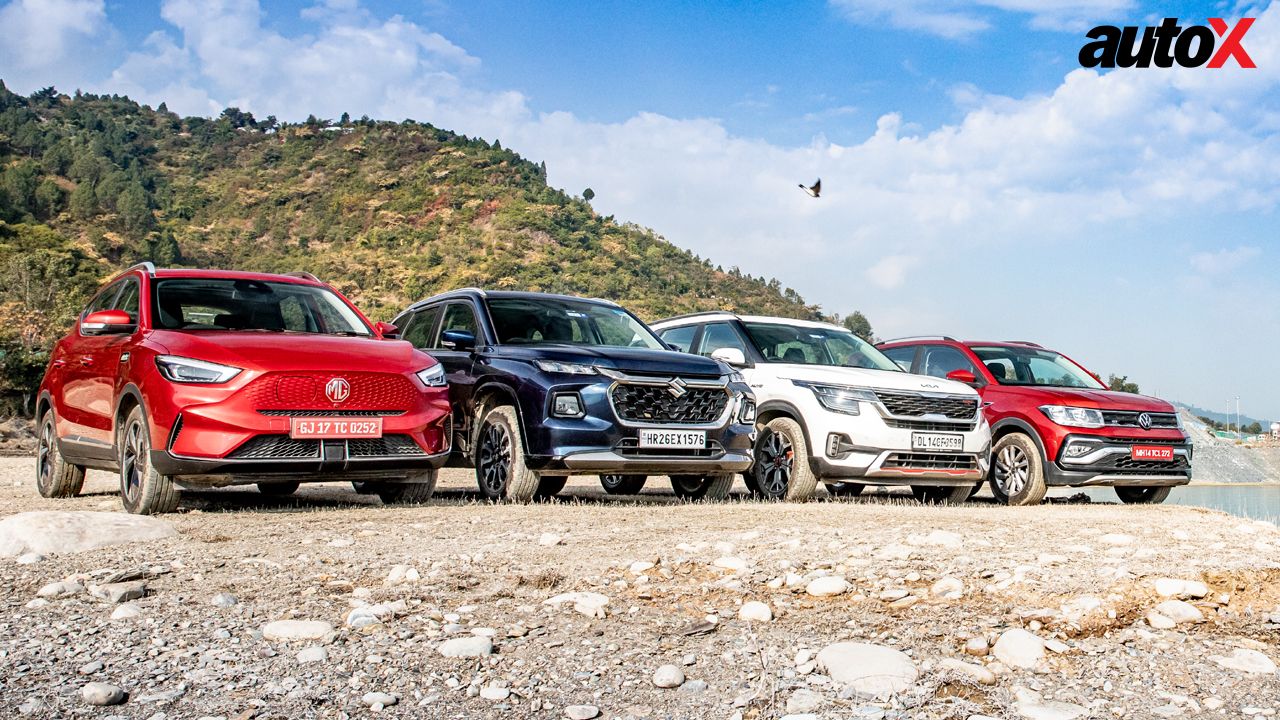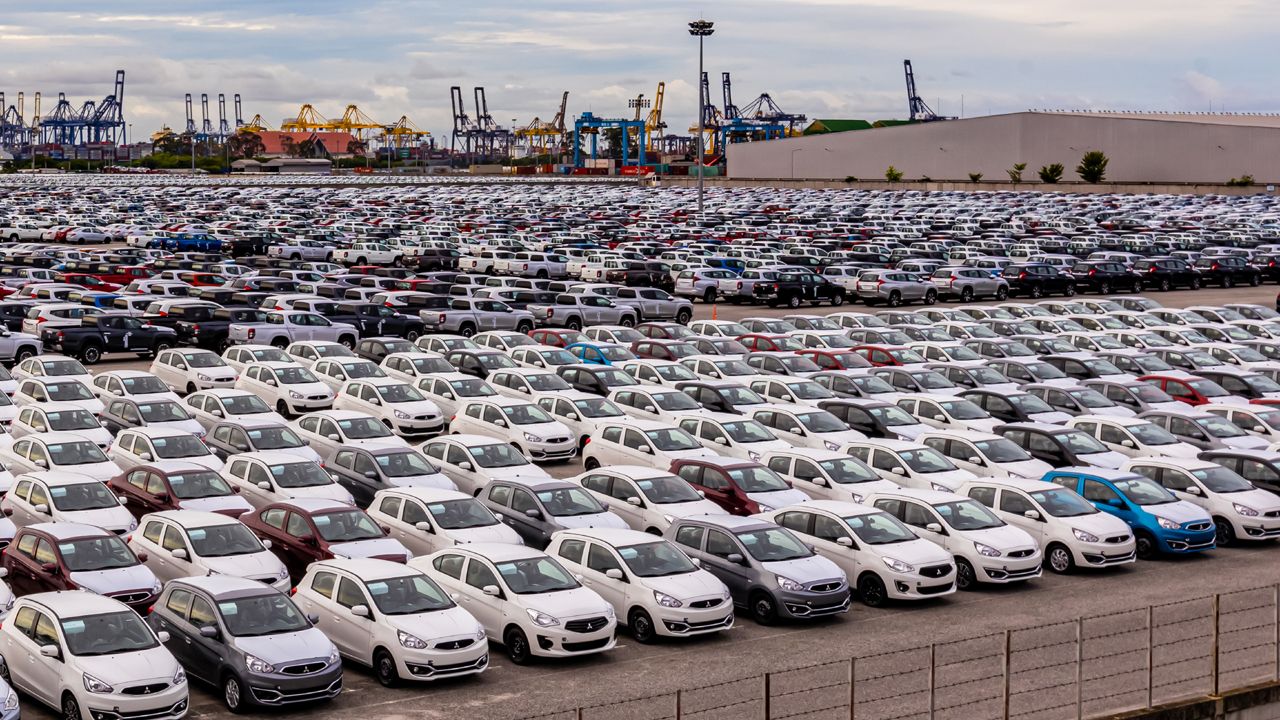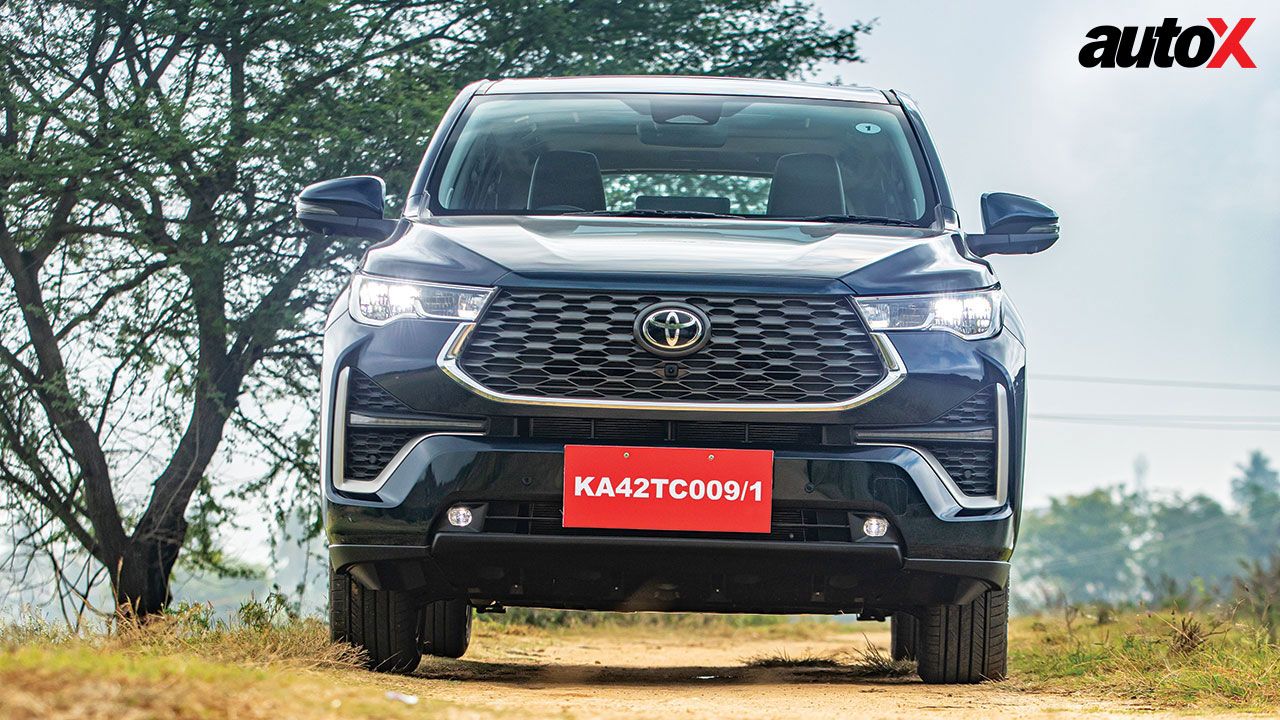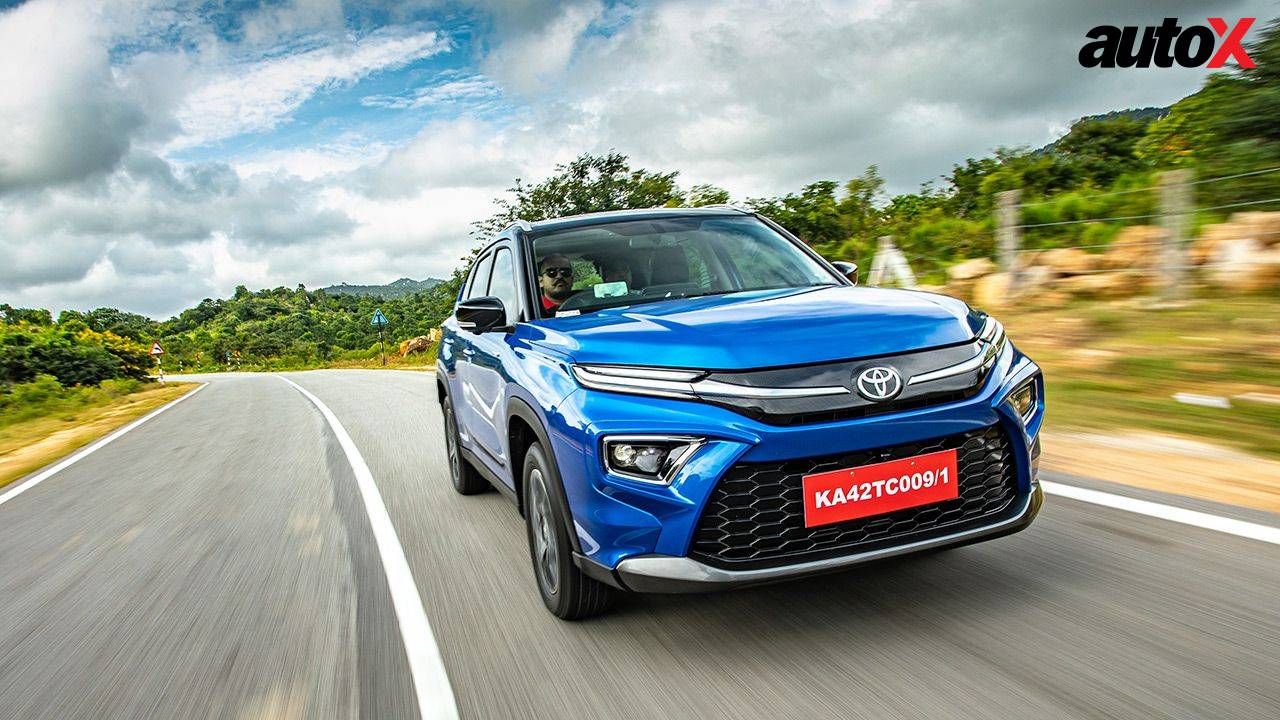Budget 2023: Here's What the Auto Companies Have to Say
Budget 2023: At the 2023 budget session, Finance Minister Nirmala Sitharaman made several announcements for the Indian automotive sector where the focus was on green mobility and fulfilling clean energy targets. Here is how the auto industry is reacting to the budget.
By Reetika Bhatt

Budget 2023: In the Union Budget today, Finance Minister Nirmala Sitharaman made a number of green growth-focused announcements for the auto sector to reduce the carbon intensity of the Indian economy and meet clean energy targets. With this, the government has made it clear that it intends to support a zero-carbon strategy and wants to hasten the switch to cleaner fuels like hydrogen, CNG, and ethanol. The customs duty exemption has been extended, according to Sitaraman, for the import of goods and equipment needed to produce lithium-ion cells for EV batteries. Li-On batteries will be produced and manufactured more locally as a result, which will keep EV prices in check. Due to the fact that automakers are introducing numerous electric vehicles to the nation, this action was desperately needed. This would encourage them to introduce more electric vehicles with high local content. Here's how a range of auto companies reacted to the budget 2023-24.
Vinod Aggarwal, President, SIAM and MD and CEO, VECV, said, "33% increase in capital outlay with an effective provision of Rs 13.7 lakh crores will spur growth in the economy resulting in a positive impact on the Auto sector.” Adding further, he stated, “The Auto industry is fully aligned with the initiatives on Sustainability and Decarbonisation and increased focus on Hydrogen, Ethanol Blending, Bio Gas, Electric Vehicles and Battery Storage. Announcement for funding various Government Departments for the replacement of old vehicles is also commended. Another appreciable feature of the budget is putting more money in the hands of individuals by some lowering of effective personal income tax rates that should increase consumption and consequently lead to more demand. All in all, this is a growth-oriented budget with a positive impact on the Auto Sector.”
FADA President, Manish Raj Singhania said, "While the capital outlay of Rs 10 Lakh Cr in infra spending will definitely aid CV sales, the aim to scrap all old government vehicles by aiding State Governments will boost all segment sales. Apart from this, the reduction in individual tax slabs will benefit the ailing entry-level 2W and PV segment. Reduction in the highest tax surcharge from 37% to 25% will also benefit luxury vehicle sales. With a focus on Electrification, relaxation on import duties of Lithium-ion batteries will help in the price reduction of EVs, thus making them affordable for the masses. On the business front, being part of the MSME universe, the cost of credit guarantee will reduce by 1% thus helping Auto Dealers in raising funds. The budget has also focussed on ease of doing business by reducing more than 39K compliances and enabling entity level digilocker for storing and sharing documents.”
The official statement from Toyota Kirloskar Motors remarked, "Given the fact that there is an outlay of Rs 10 trillion towards Capex which represents 3.3% of the GDP, and a 33% Y-o-Y increase, this will definitely contribute to robust economic growth. While doing so, the Government has aimed at a fiscal deficit target of 5.9% for the upcoming year with a clear glide path to bring the fiscal deficit below 4.5 percent of GDP by 2025-26. The Budget not only focuses on inclusiveness, youth empowerment, and skill development but also aims to give impetus to “Green Growth” with sufficient outlays for supporting the recently announced National Green Hydrogen Mission, doubling of allocation for FAME 2 scheme, and providing viability gap funding for Battery Energy Storage System (BESS). The support for 500 new “WASTE to WEALTH” plants under the GOBARdhan scheme towards leveraging compressed biogas will also encourage a Green and circular economy. Further, the announcement towards fund allocation for scrapping old vehicles of Central and State Governments will not only help the environment and reduce fossil fuel consumption but will also generate demand for new vehicles."
Also Read: 2023 Toyota Innova Crysta Diesel Likely to Launch by Early February in India
Santosh Iyer, Managing Director and CEO, Mercedes-Benz India said, “The Union Budget 2023 should drive demand as it focuses on boosting consumption by increasing the disposable income of taxpayers. Further, increased capital expenditure on infrastructure, particularly roads, should also create demand for the automotive sector. The change in basic custom duties is however going to impact the pricing of some of our select cars like the S-Class Maybach and select CBUs like GLB and EQB, making them dearer. However as we locally manufacture most of our models, this will not affect 95% of our portfolio.”
Also Read: 2024 Mercedes-Benz GLE Facelift Unveiled Globally Ahead of India Launch
Kamal Bali, MD and President of Volvo Group, India, commented, "The budget is commendable for being extremely well thought out - it is growth-oriented, bold, inclusive and responsible, upping the ante on infra creation, connectivity, and logistics efficiency as well as on green and digital future. Clearly, the budget has brought in the entire value chain especially the youth, MSMEs, and the Agri sector, while being fiscally prudent. I am sure the private sector will respond very pragmatically to this outstanding budget"





